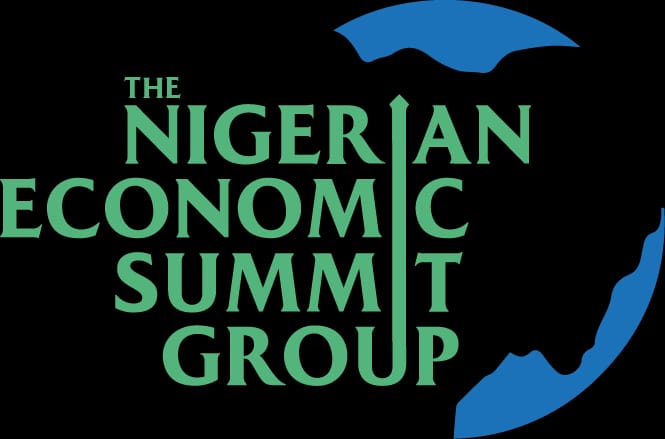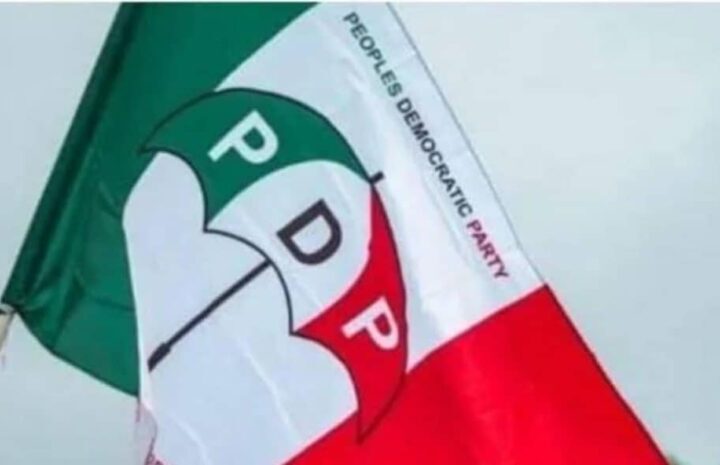The Nigerian Economic Summit Group (NESG), in partnership with the Federal Ministry of Budget and Economic Planning on Thursday, hosted a high-level Pre-Summit Dialogue on “Driving State-led Reforms for MSME Growth.”
Speaking at the virtual event, Dr. Bunmi Kole-Dawodu, Director of Small and Medium Enterprises Development Agency of Nigeria(SMEDAN) Lagos, emphasised that MSMEs are not just the spine of Nigeria’s economy but the engine and the oil driving growth, contributing nearly 50% of GDP and over 80% of jobs.
According to him, Nigeria’s MSME governance framework, led nationally by the Vice President through the National Council on MSMEs with SMEDAN as secretariat, cascading down to state-level councils chaired by governors.
He noted that state-led reforms are a critical pathway to advancing national economic growth, especially if driven through strategic partnerships with institutions like NESG, SMEDAN, and state development agencies.
The panel session, moderated by Dr. Weyinmi Eribo, Thematic Lead, Access to Markets, NESG MSME Community of Practice, spotlighted best practices from Lagos, Enugu, and Plateau States while stressing that financing alone cannot deliver MSME sustainability without complementary reforms.
Ms. Feyisayo Ayanlade, Executive Secretary, LSETF, displayed Lagos’ model of affordable finance, providing MSMEs with loans at a 9% annual interest rate and maintaining a 92% repayment rate through financial literacy and business support.
She emphasized LSETF’s integrated approach, combining capital with business training, insurance, and tax education, noting that MSMEs account for 85–90% of businesses and are Nigeria’s largest source of jobs.
Speaking, Mr. Arinze Chilo Offiah, Director General, SME Centre, Enugu State, stressed the import of reliable MSME data.
By linking data collection to grant access, he said, his team overcame mistrust from nano enterprises, formalised businesses, and generated actionable insights for targeted interventions.
This approach, he said, strengthened Enugu’s SME ecosystem and improved access to finance for small businesses.
Bomkam Ali Wuyep, Director General, Plateau State Microfinance Development Agency (PLASMIDA), argued that MSMEs remain the most viable pathway for job creation in states with limited white-collar opportunities.
He emphasised their role in reducing poverty and driving local economic development.
Dr. Tunde Ayeye, Group Managing Director, Init Facilities Services, urged Nigeria to shift performance measurement from abstract macroeconomic figures to people-centered indicators such as jobs, poverty reduction, healthcare, and education.
He cautioned against short-term, unsustainable interventions and called for structural reforms that directly improve livelihoods, creating an environment where MSMEs can thrive.

















